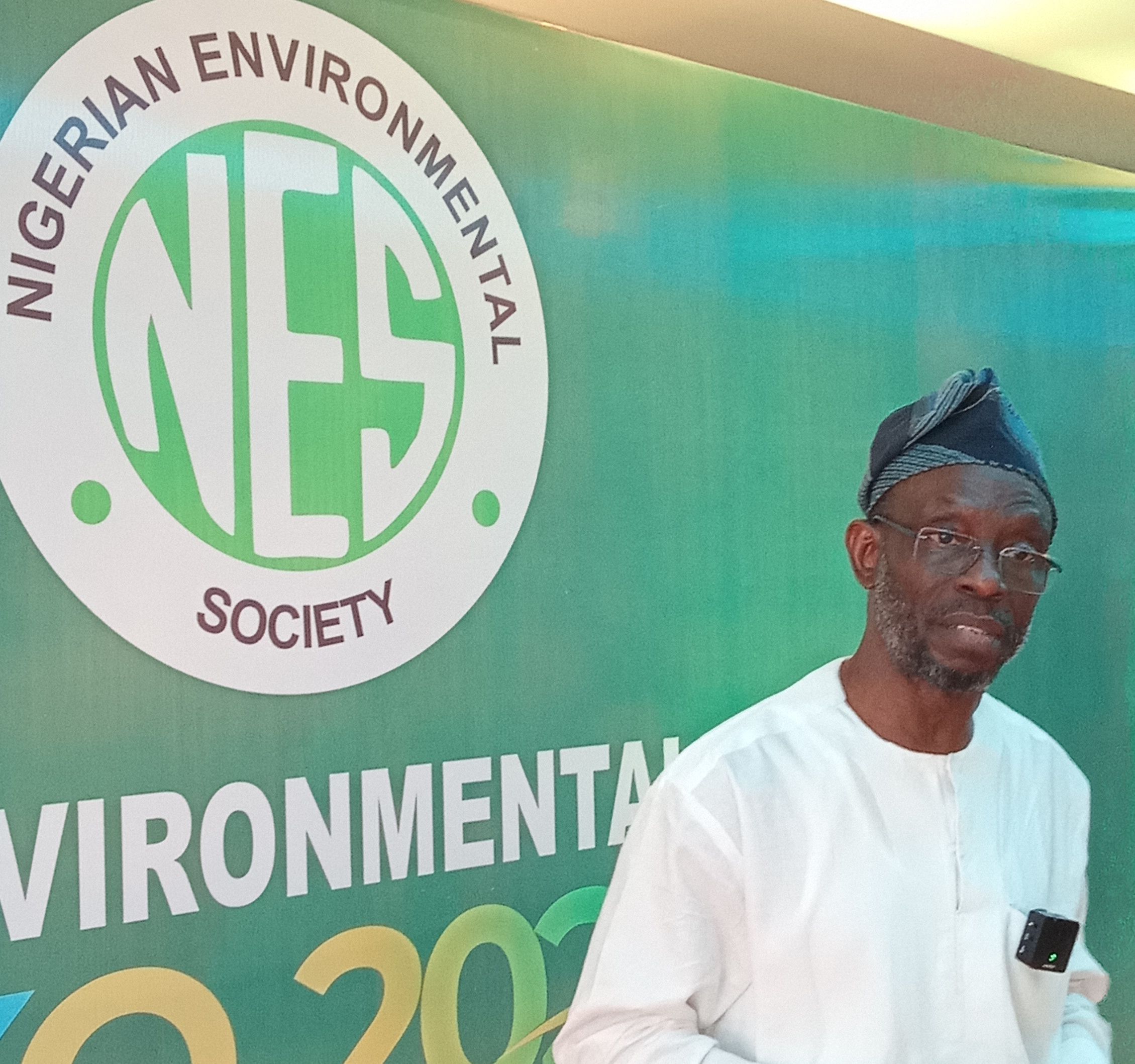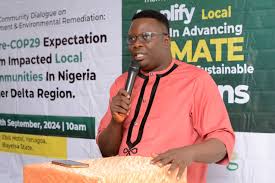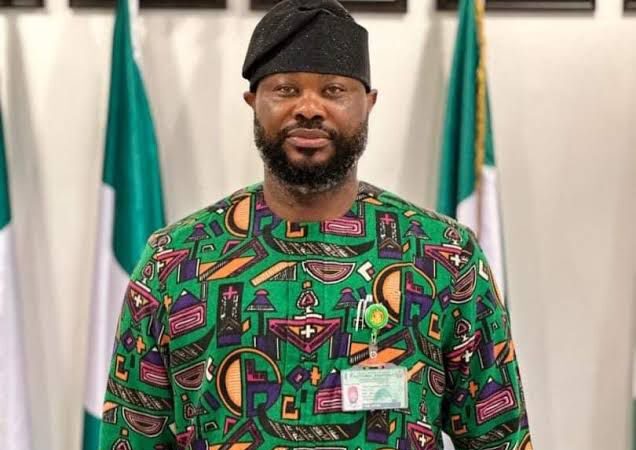Stakeholders in the Nigerian Environment have collectively been challenged and encouraged to confront the Nation’s environmental challenges and embrace a greener future built on sustainability and development.
This rousing call to action was made by Prof. Olanrewaju Fagbohun, while delivering the keynote address at the 33rd Annual Conference of the Nigerian Environmental Society (NES), a comprehensive exploration of Nigeria’s path towards a sustainable future.
Tagged Eko 2024, the conference, a gathering of environmental experts, policymakers, and industry leaders, served as a critical platform to address the pressing environmental challenges facing Nigeria
A Nation in Crisis
Nigeria, like many developing nations, is grappling with a host of environmental issues. Climate change, with its rising temperatures, erratic weather patterns, and sea-level rise, poses a significant threat to the country’s agriculture, water resources, and coastal regions. Deforestation, driven by unsustainable logging and agricultural practices, is leading to soil erosion, biodiversity loss, and increased greenhouse gas emissions. Pollution, particularly air and water pollution, is deteriorating public health and damaging ecosystems.
The Global Context
Professor Fagbohun, in his address, emphasized the global context of Nigeria’s environmental challenges citing the carbon-intensive industrialization of developed nations as having contributed significantly to climate change, and the impacts are now being felt worldwide.
Developing nations, while often bearing the brunt of climate change, have limited resources to adapt and mitigate its effects.
The Role of Technology
Professor Fagbohun, holder of a national productivity order of merit (NPOM) highlighted the potential of technology to drive sustainable development noting that renewable energy technologies, such as solar, wind, and hydro power, offer clean and sustainable alternatives to fossil fuels. He also stated that advanced waste management technologies can reduce pollution and conserve resources. However, while advocating on the benefits of these technologies, the erudite scholar cautioned against uncritical adoption of foreign technologies, urging Nigeria to invest in indigenous innovation and support local inventors.
The Challenge of Intellectual Property Rights
Professor Fagbohun delved into the complex issue of intellectual property rights and technology transfer. He highlighted the challenges faced by developing nations in accessing and adapting advanced technologies. To overcome these challenges, he advocated for policies that promote technology transfer, knowledge sharing, and capacity building.
The Digital Divide and Sustainable Development
Digitalization, another key theme, was discussed in the context of sustainable development. Professor Fagbohun emphasized the potential of digital technologies to improve environmental monitoring, resource management, and public engagement. However, he also warned of the digital divide and the need to ensure equitable access to digital technologies for all.
A Call to Action
The keynote address concluded with a call to action. Professor Fagbohun urged policymakers, businesses, and individuals to embrace sustainable practices and work towards a greener future. He emphasized the need for strong international cooperation, investment in research and development, and the empowerment of local communities.
He made several key recommendations including;
- Investment in Renewable Energy: Prioritize investment in renewable energy sources to reduce reliance on fossil fuels and mitigate climate change.
- Promote Sustainable Agriculture: Implement sustainable agricultural practices to reduce deforestation, improve soil health, and enhance food security.
- Strengthen Environmental Regulations: Enforce stringent environmental regulations to protect air and water quality, and promote sustainable resource management.
- Invest in Research and Development: Support research and development to develop innovative solutions to environmental challenges.
- Empower Local Communities: Empower local communities to participate in decision-making processes and implement sustainable practices.
- Foster International Cooperation: Collaborate with other countries to address global environmental challenges and share knowledge and technology.
Fagbohun, sated that by embracing these recommendations, Nigeria can pave the way for a sustainable future, ensuring a healthy planet for generations to come.








I like this weblog so much, saved to my bookmarks.
What’s Taking place i’m new to this, I stumbled upon this I have discovered It positively useful and it has helped me out loads. I am hoping to contribute & assist different customers like its helped me. Great job.
You are my inspiration , I possess few web logs and very sporadically run out from to post .
I like this website so much, saved to my bookmarks.
It is the best time to make a few plans for the longer term and it’s time to be happy. I have read this put up and if I may I want to counsel you some interesting things or advice. Perhaps you could write next articles referring to this article. I desire to learn even more things approximately it!
Real instructive and excellent complex body part of written content, now that’s user pleasant (:.